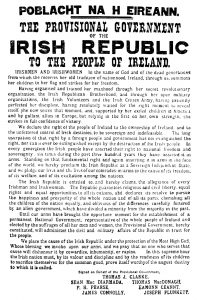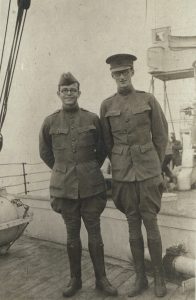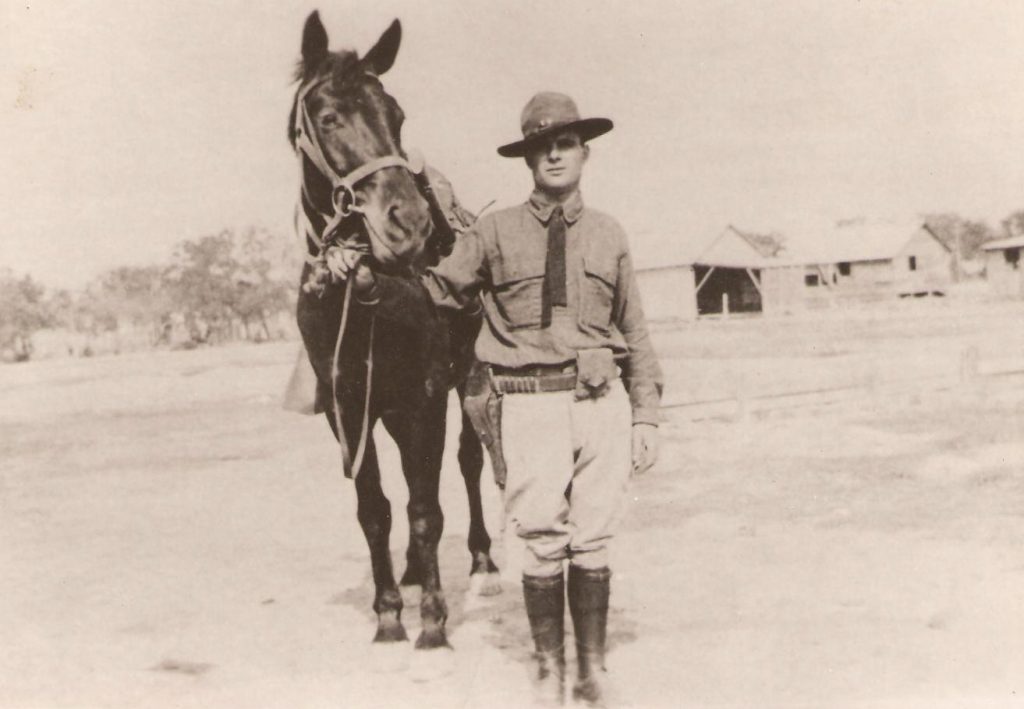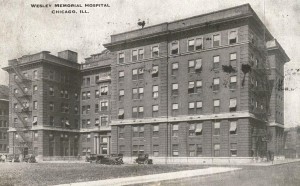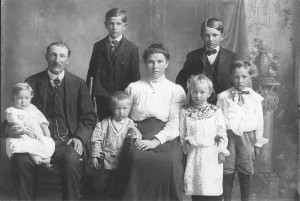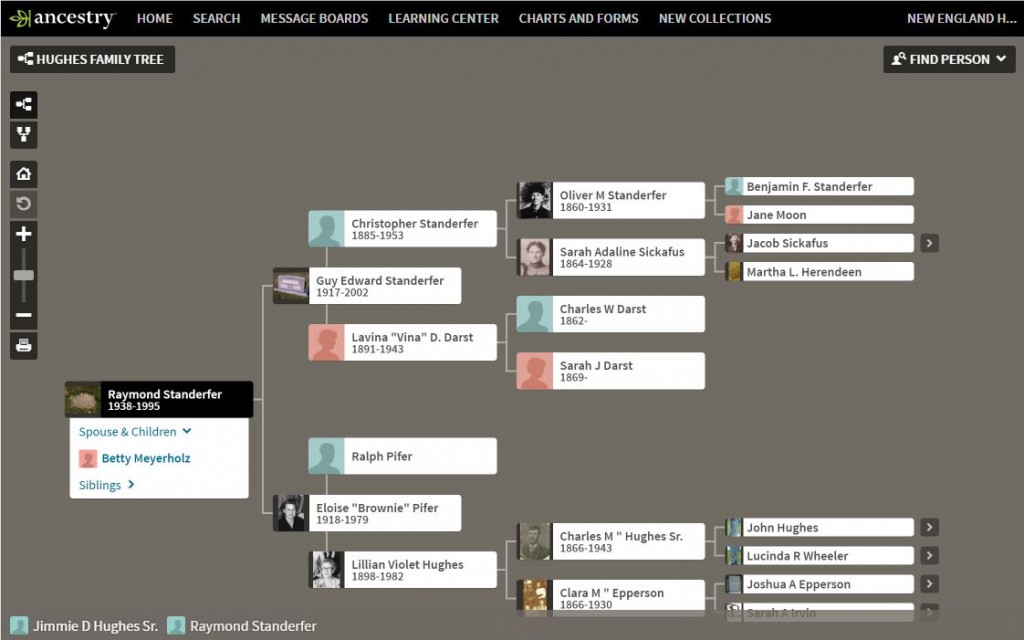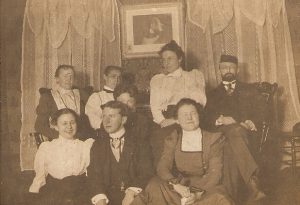
When beginning genealogical research, we learn about the types of records that are likely to contain the information we seek and where those records might be located, i.e. in what repository. What we sometimes fail to appreciate, however, is the value of a stash of family materials – letters, diaries, newspaper clippings – that can hold the answer to our questions. Case in point: my great-grandfather’s cause of death.
As an inquisitive 12-year-old, I once asked my grandmother if she knew how her father had died, since he had passed away four months before she was born. “Oh, he died from the hiccups,” she replied. Continue reading Death by hiccups
